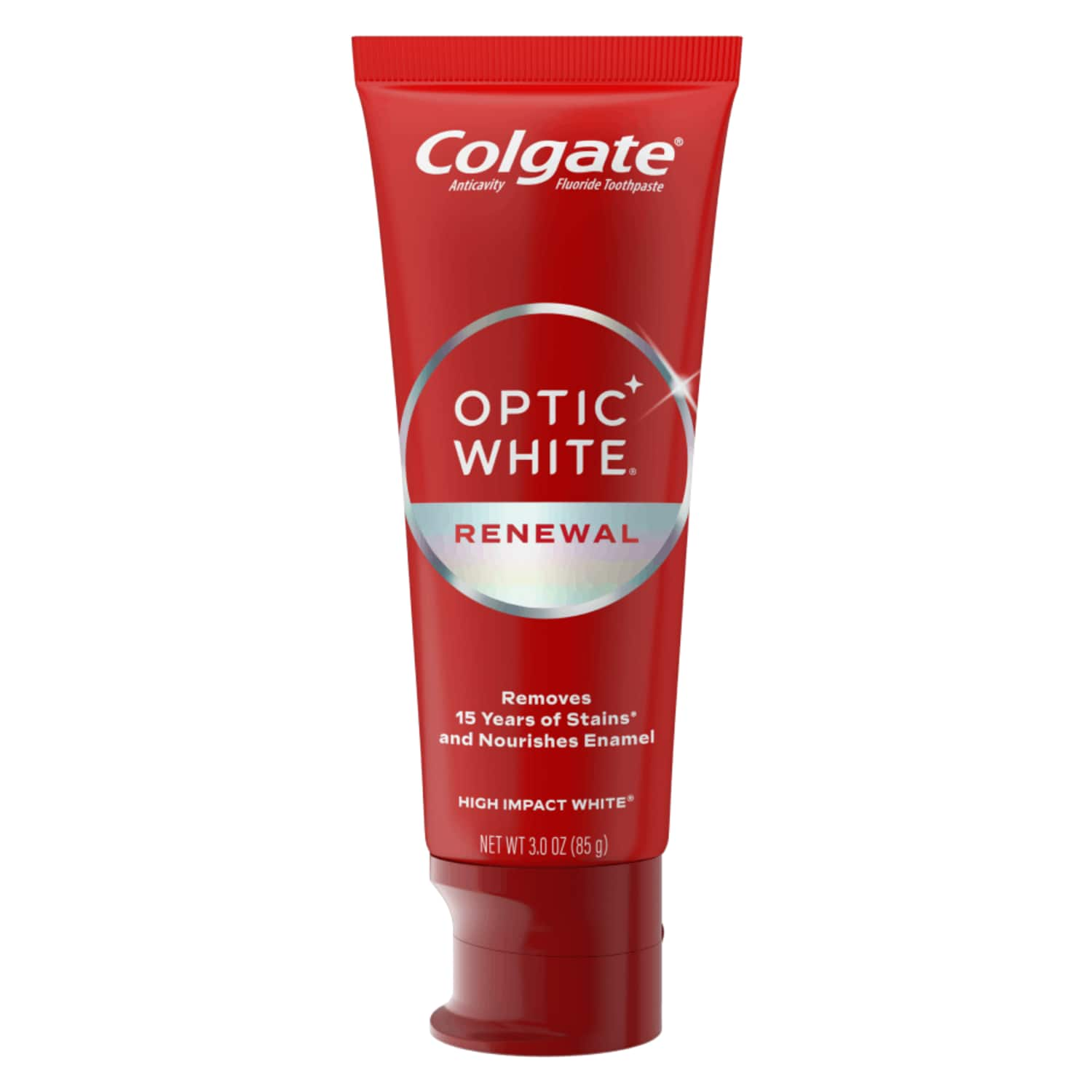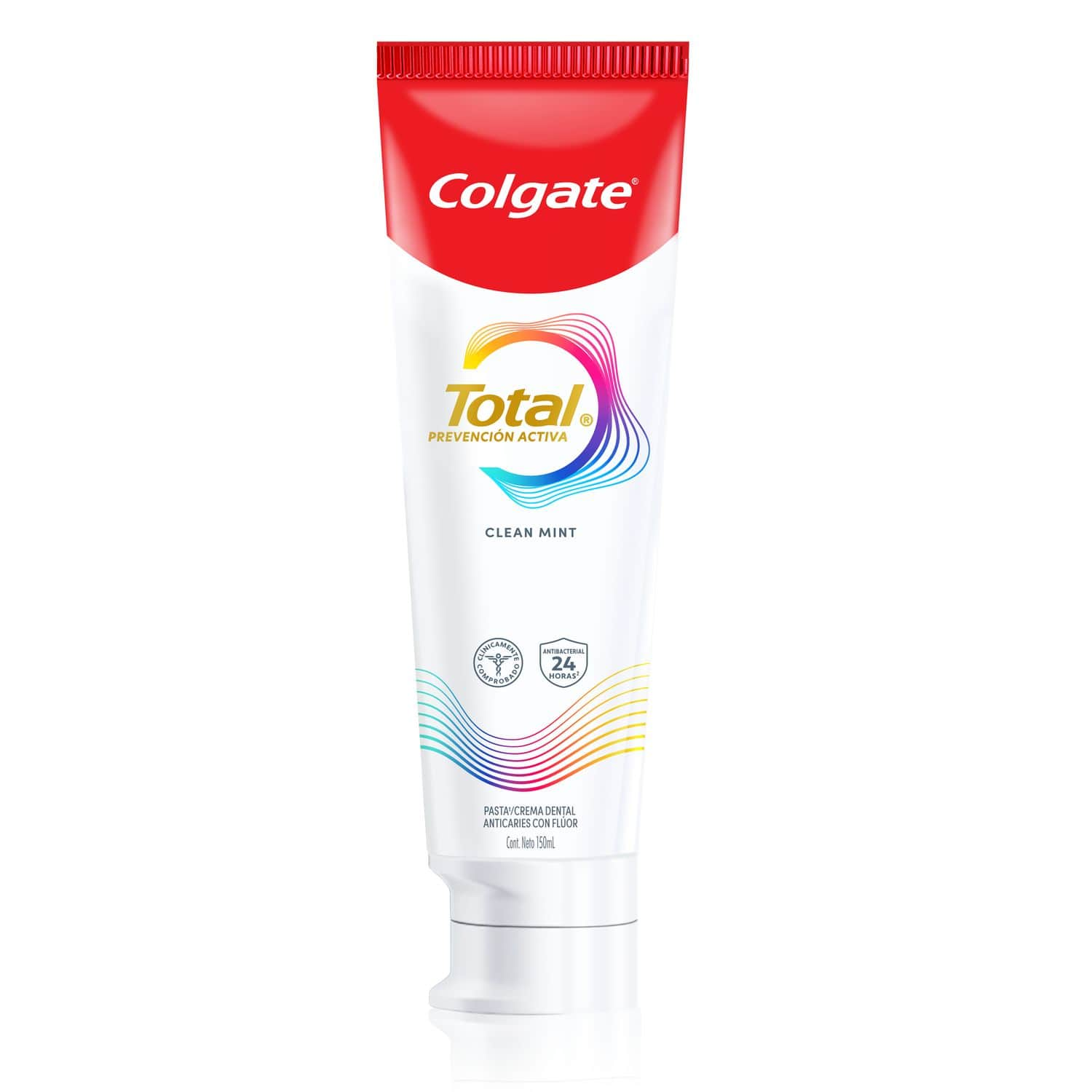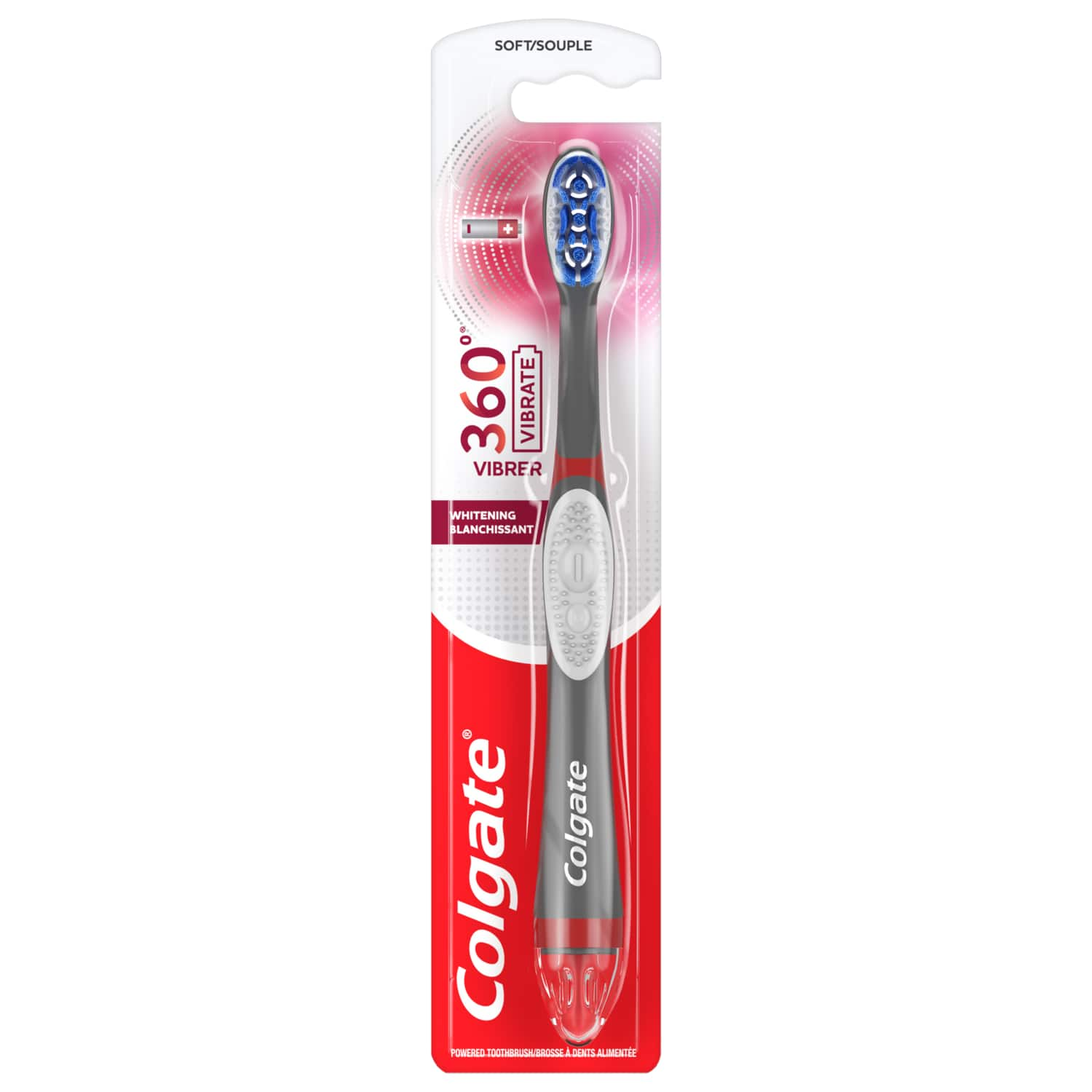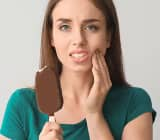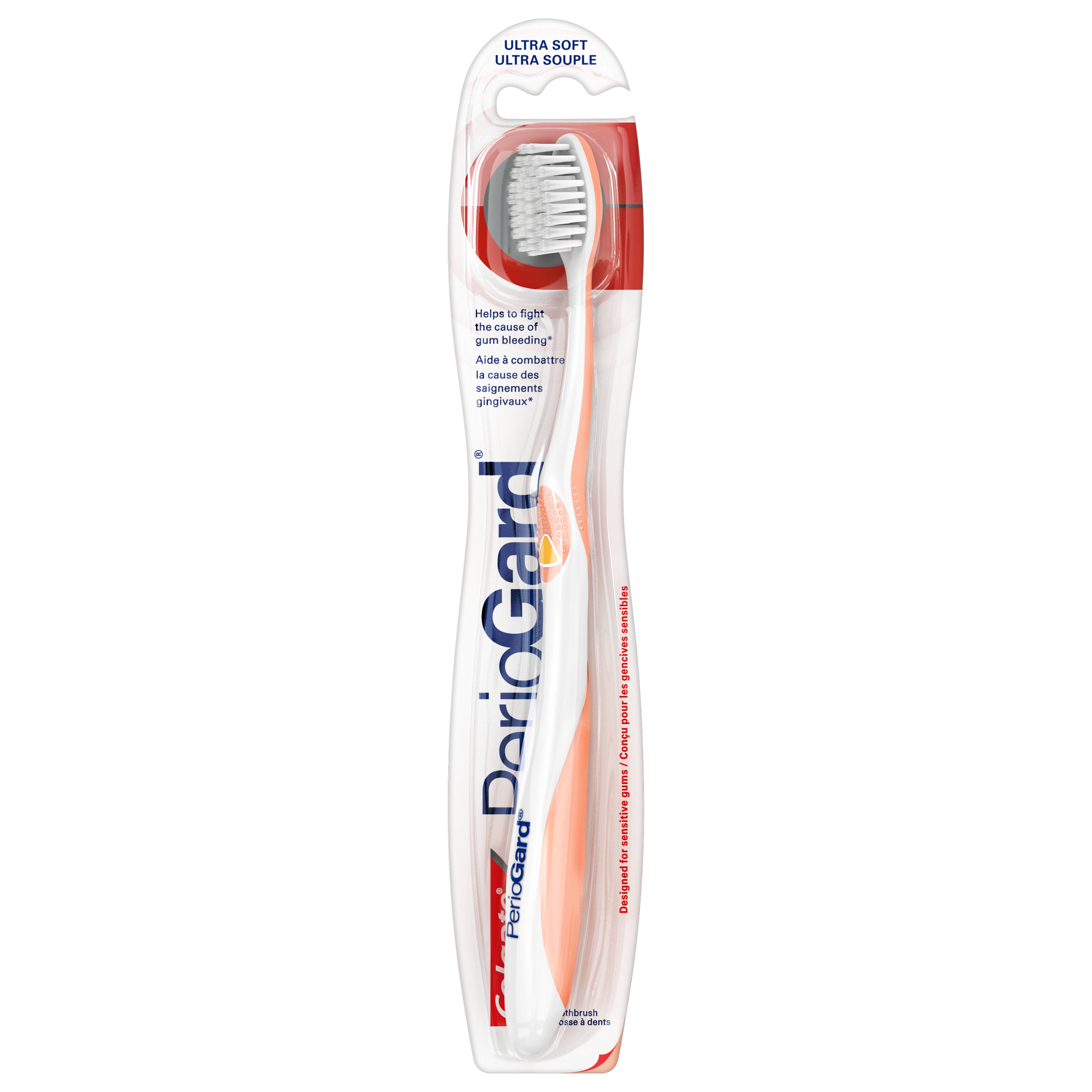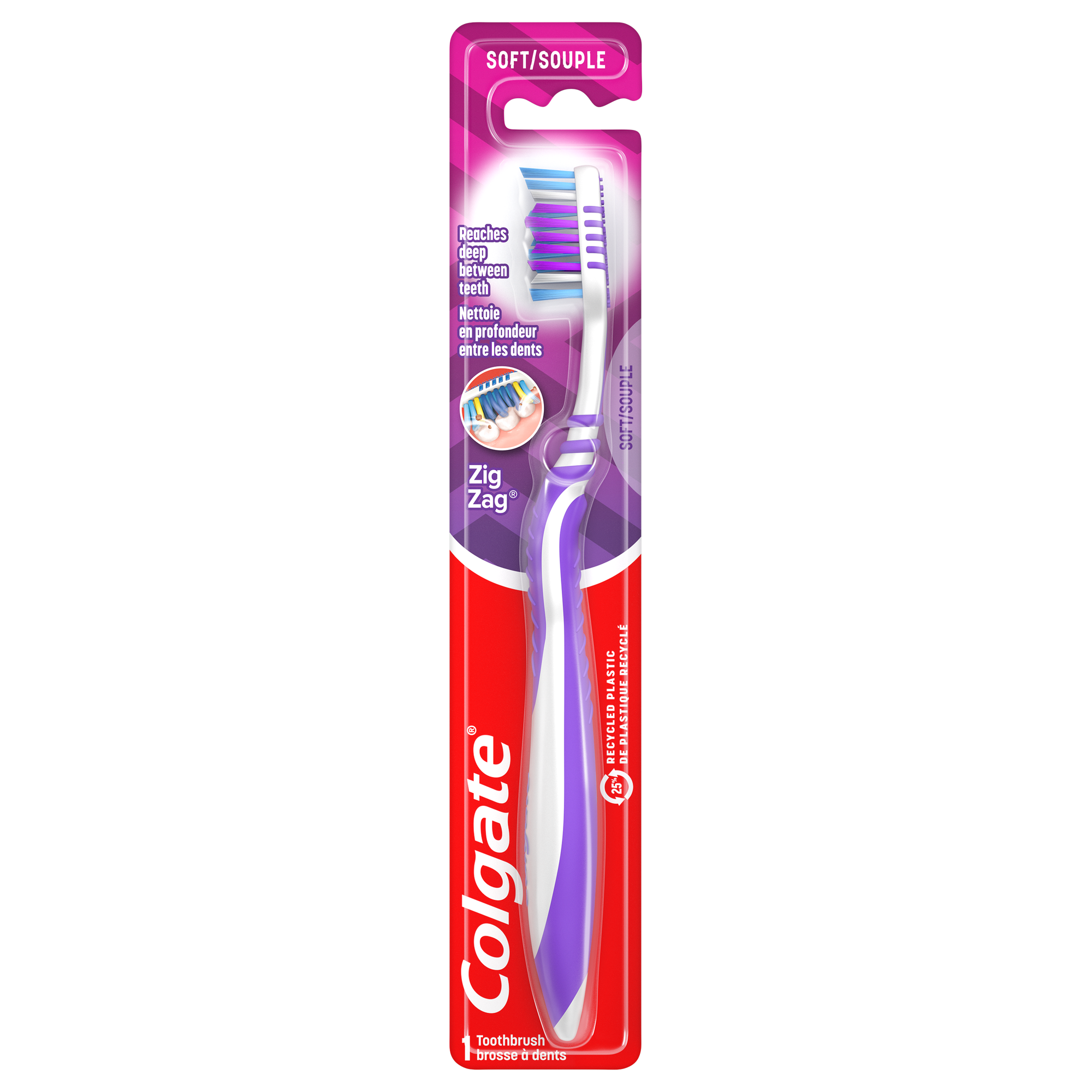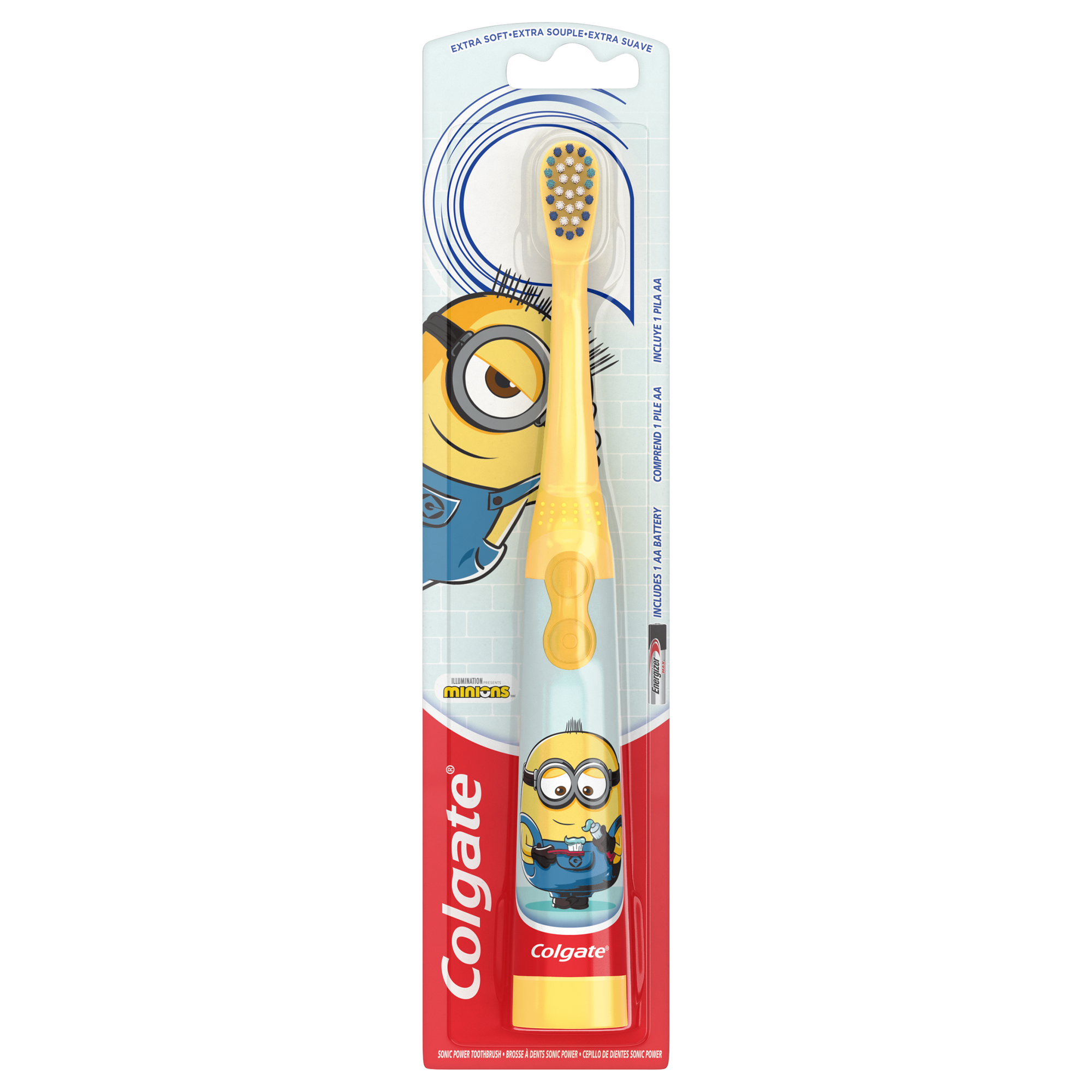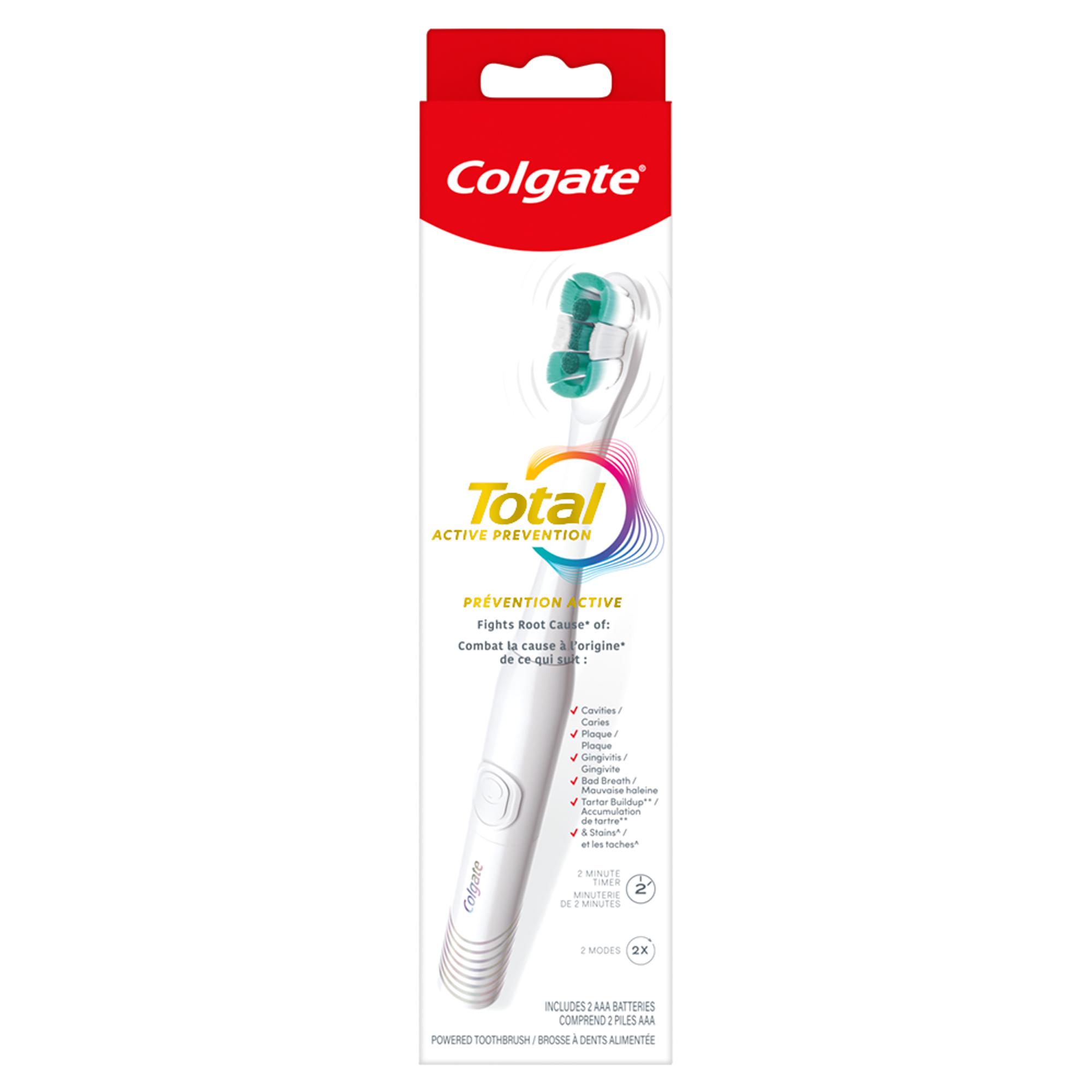What Is Hydrogen Peroxide?
Hydrogen peroxide (a clear liquid chemical compound) is an effective disinfectant. Its many uses include house cleaning, whitening laundry, sterilizing wounds, and washing vegetables. And when used safely, it can even help with your oral care routine.
Hydrogen Peroxide as a Gum Disease Treatment
Gum disease is caused by bacteria build up around the gumline that turns into a soft, sticky, colourless film called plaque. According to the Ontario Dental Hygienists' Association, 75% of adults over 30 will experience some form of gum disease in their lifetime. Left untreated, gingivitis (the early, reversible stage of gum disease) can develop into periodontitis. This more severe form of gum disease can cause your teeth to loosen or even fall out.
Because it can kill harmful bacteria and break up plaque, dental professionals have been using hydrogen peroxide since the early 1900s to prevent and treat periodontitis. Along with treating gum disease, killing bacteria also effectively treats bad breath (halitosis). Hydrogen peroxide is still used as an ingredient in OTC products and in professional treatments today. You may have seen instructions on using hydrogen peroxide to make teeth whitening treatments at home, but any use of this chemical should be done with caution and under the care of a dental professional.
Hydrogen Peroxide as a Whitening Agent
Hydrogen peroxide's more well-known use in oral care is for tooth whitening. The amount of hydrogen peroxide found in a whitening treatment depends on its type and intended use. For example, some whitening toothpaste and other at-home whitening products contain small percentages of hydrogen peroxide.
Looking for a more immediate and effective whitening solution? Consider a professional whitening at your dental professional’s office. They can safely apply a higher concentration of hydrogen peroxide than what is in OTC products.
Is Hydrogen Peroxide Safe?
When used correctly, OTC oral care products with small amounts of hydrogen peroxide are safe and effective. Higher percentages of hydrogen peroxide in treatments are safe when applied by a dental professional.
Check with your dental professional before making your own concoctions. Although hydrogen peroxide is affordable and easily accessible (you might already have a bottle at home), maintaining a safe concentration of hydrogen peroxide when mixing at home can be difficult. Also, the mix could overflow if you use a mouthguard that isn't custom-made to fit your mouth, which could irritate your gums. If you have recessed gums, it could even touch an exposed tooth root, causing more sensitivity.
While you'll likely be fine if you swallow a bit of hydrogen peroxide, you should be careful to avoid ingestion. Ingestion of hydrogen peroxide can cause serious harm, as well as irritation or ulcers in the stomach and intestines, warns Health Canada. If consumed in larger amounts it can be life threatening. A dental professional will advise you on what products you can use and how to safely use them for your specific needs.
Whether you're looking for healthier gums or a whiter, more confident smile, hydrogen peroxide is an ingredient that can help you reach your oral health goals. You may already be using hydrogen peroxide in some OTC products and receiving treatment with it at your dental professional's office.
When it comes to DIY mixtures at home, speak with your dental professional about what's safe for your oral health. They'll be able to ensure you're doing what's best to maintain a healthy smile.
ORAL HEALTH QUIZ
What's behind your smile?
Take our Oral Health assessment to get the most from your oral care routine
ORAL HEALTH QUIZ
What's behind your smile?
Take our Oral Health assessment to get the most from your oral care routine
